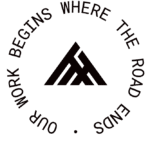Unity, Innovation, and Growth
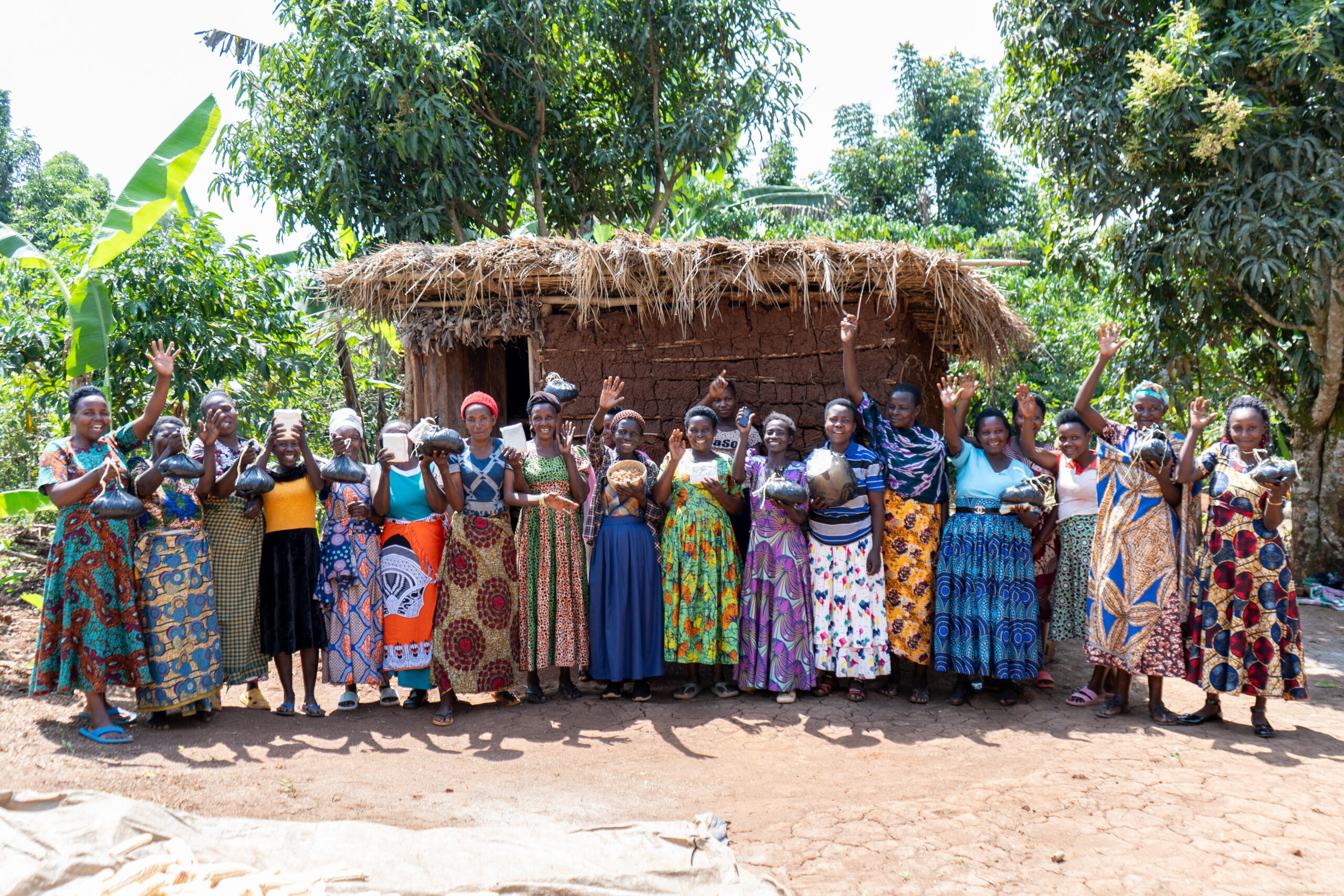
For the community of Nyakahama, subsistence farming has always been the primary source of livelihood. Growing beans, maize, Irish potatoes, and bananas, among other crops, and using traditional farming methods and tools often resulted in low output and incomes. “We had limited knowledge on how to improve farm output and. This always affected our earnings,” shares Annet, a partner community member from Nyakahama. The community also faced developmental challenges that affected overall participation in income-generating activities. Traveling long distances for clean water, lack of awareness of good hygiene and sanitation practices, and lack of access to affordable credit meant frequent illness and limited options to diversify incomes.
In early 2024, when the community partnered with RTV under the “From Last Mile Into Possibilities” (FLIP) project, the community came together to draw a comprehensive plan to address such barriers and improve household incomes sustainably. Supported by the Government of Canada through Global Affairs Canada (GAC), the FLIP project aims to enhance agricultural incomes sustainably for last-mile communities, focusing on holistic and equitable development. “At the beginning of the project, we underwent a series of training sessions on modern agricultural practices, financial literacy, improved sanitation and hygiene practices, forming cooperatives, and more,” Annet said.
In partnership with RTV, the community built closed water wells within the village to reduce travel time and improve access to clean water. Additionally, the community adopted better hygiene practices and, over time, experienced a visible reduction in illnesses. “We learned so many new practices for better health. Covering our latrines, always keeping our surroundings clean, constructing dish racks for drying our utensils, tippy taps for washing our hands after visiting latrines, hanging lines for drying clothes, and many other practices. This has greatly reduced cases of hygiene-related illnesses in our village,” Annet shares.
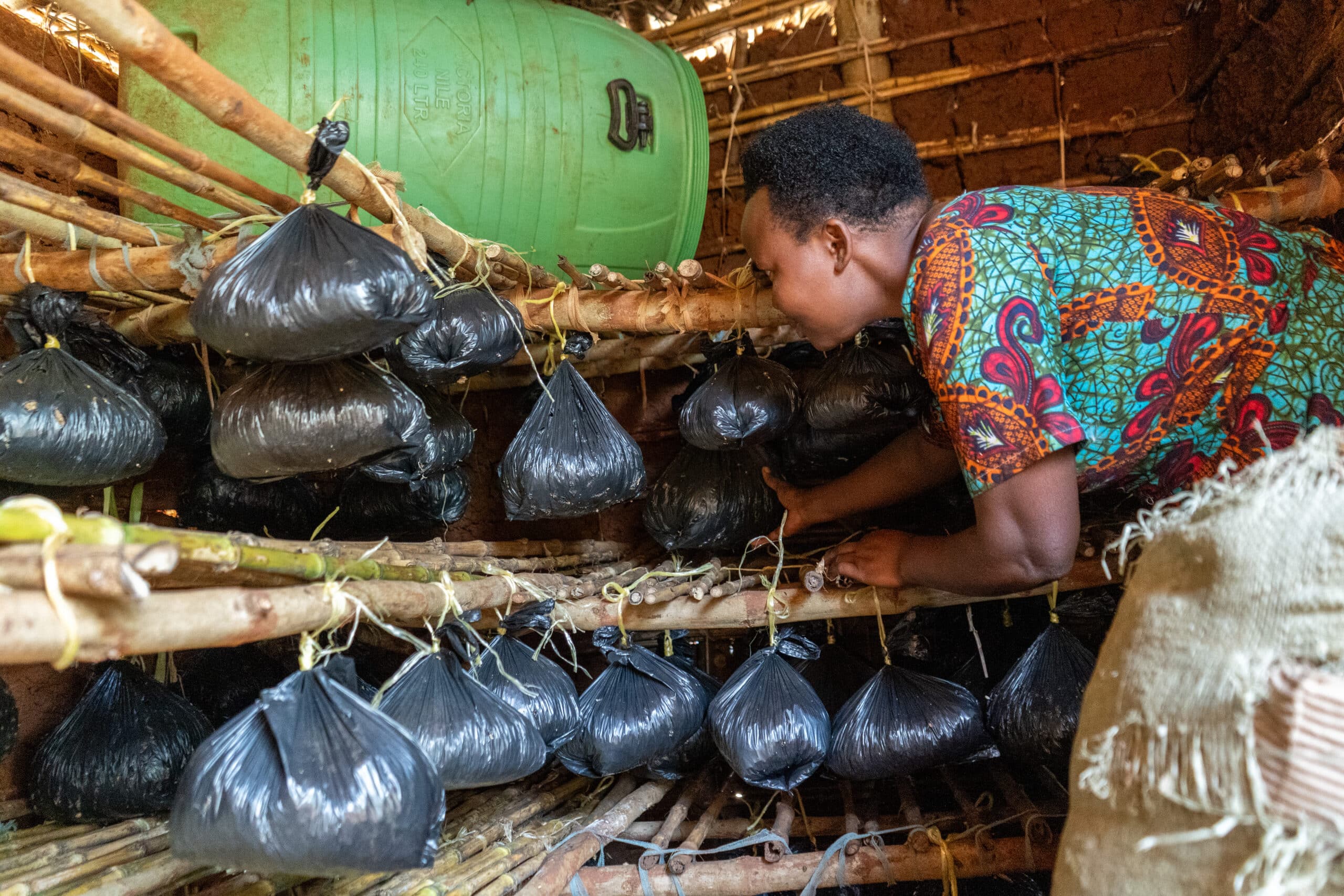
Inspired by the training sessions on cooperatives and financial literacy, thirty-two women formed a women’s Village Savings and Loans Association (VSLA) to pool savings and access affordable credit. “After forming our women’s VSLA, we came up with the idea of starting a joint project to increase our savings. We brainstormed on which projects to carry out and zeroed in on mushroom growing since it required little capital. In June 2024, one of the members offered us space where we would carry out the farming, and the project kicked off,” shared Joyce, a group member.
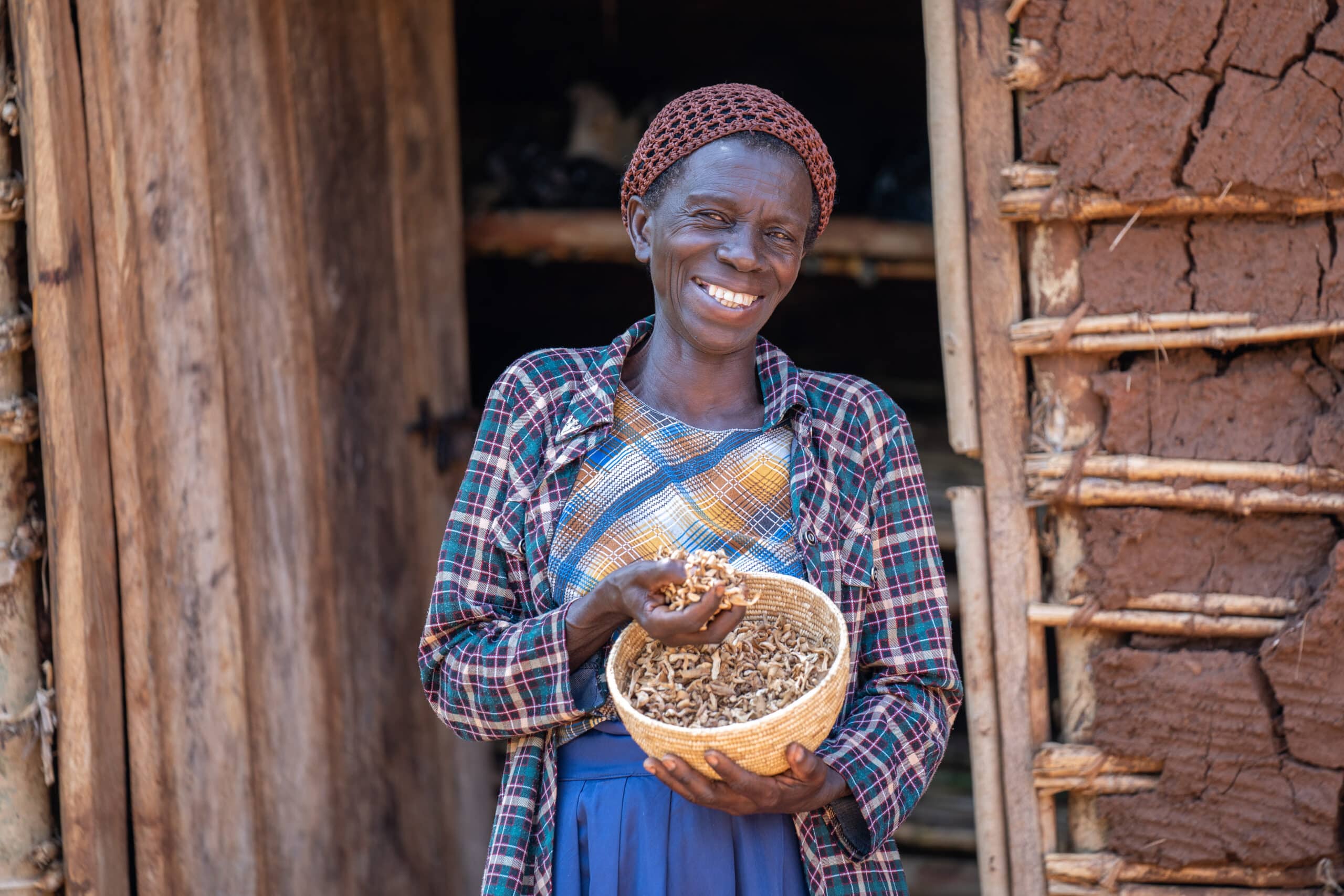
Twenty-one members from the VSLA invested UGX 470,000 to purchase raw materials. With a maturity time of a month, the group has its first harvest ready by July. “We sold our first harvest for UGX 65,000. We sell 10 grams of mushroom between UGX 2,000 and UGX 2,500,” Joyce adds. Each member contributed UGX 5,000 in November, and the group constructed a mushroom house to run the project better. Encouraged by their initial success, the group further diversified their income by utilizing proceeds from the mushroom farm to begin poultry farming. Each member contributed UGX 6,000 as a top-up, collectively buying 80 young chicks. They plan to sell each bird for UGX 30,000 when they mature.
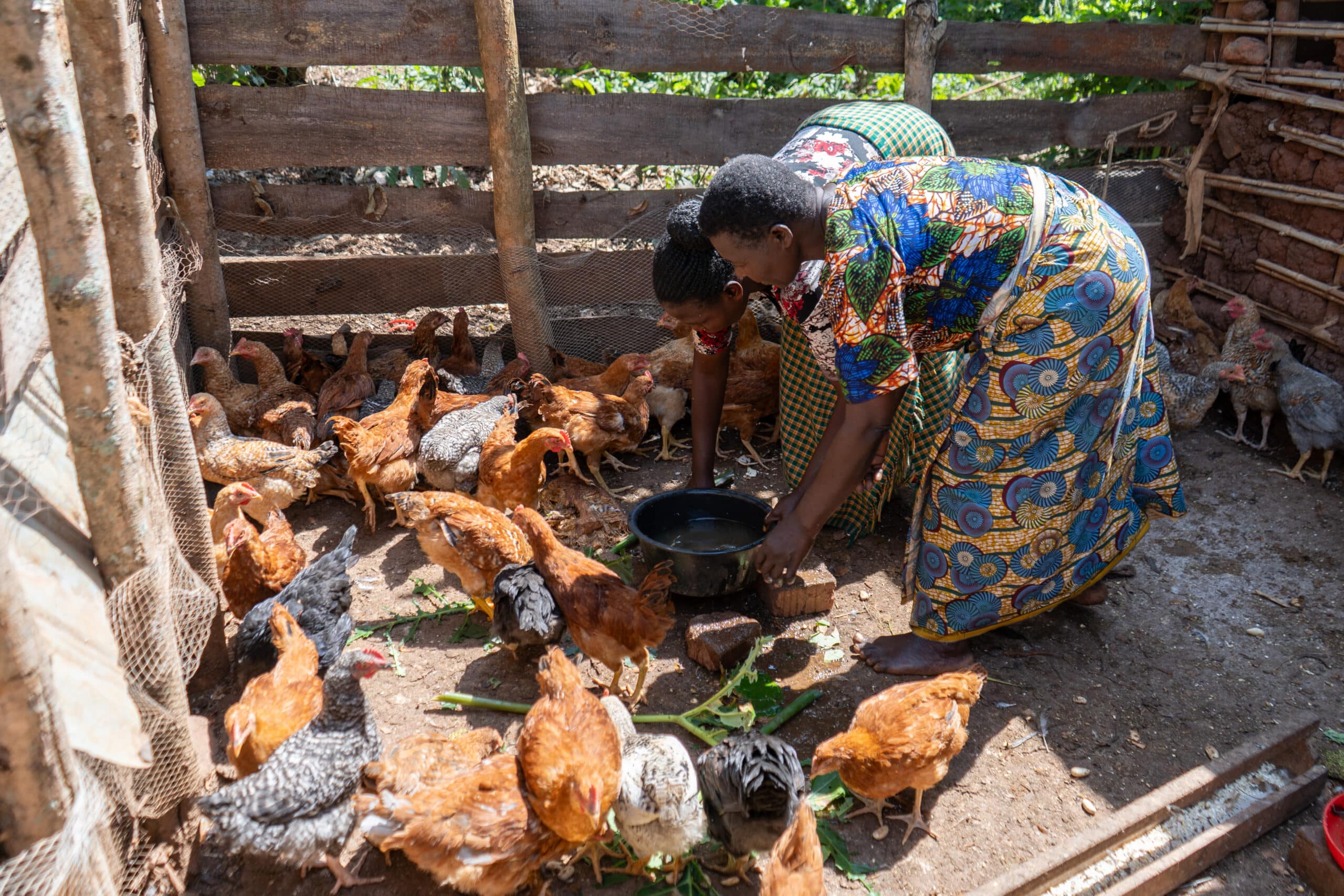
Amazingly, the group isn’t done yet. While they work out operational challenges related to monthly cash flows and source affordable poultry feed, they are already planning to launch a soap and petroleum jelly-making project soon.
Be part of our journey. Support last-mile communities by supporting Raising The Village.
Let’s Stay Connected

